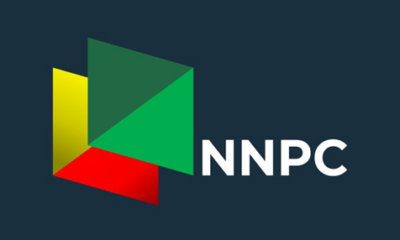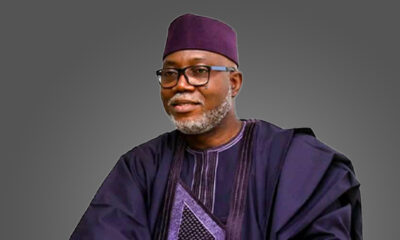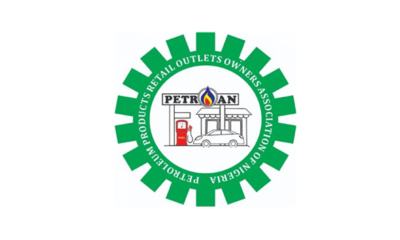In a surprising turn of events, the Federal Government of Nigeria has reportedly saved a staggering N400 billion within a span of just four weeks since the removal of subsidy on Premium Motor Spirit (PMS), commonly known as petrol, Investors King gathered.
This revelation was made by oil marketers on Thursday, highlighting the significant financial gains resulting from the initiative, which was officially implemented on May 31, 2023.
Additionally, these oil dealers have raised concerns about a potential rise in the cost of petrol in the coming month of July. Their apprehension is based on the recent decision by the Federal Government to allow the naira to float against the United States dollar, which could lead to market forces determining the exchange rate.
On June 14, 2023, the Central Bank of Nigeria unified the country’s exchange rates into the Investors and Exporters window, effectively relinquishing control over the exchange rate. This move marks a shift towards a more market-oriented approach, potentially impacting the prices of essential commodities such as petrol.
Various operators in the downstream oil sector have indicated that Nigeria has now saved hundreds of billions of naira by halting the subsidy regime. The Nigerian National Petroleum Company Limited (NNPCL) previously disclosed the exorbitant amount spent on subsidy each month. This newfound financial stability is a stark contrast to the losses incurred during the subsidy era.
The National President of the Independent Petroleum Marketers Association of Nigeria, Chinedu Okonkwo, commented on the government’s revenue surge, stating, “Right now they (the government) are making money. At least with this removal of subsidy, the government has raked in hundreds of billions, whether in naira or dollar. This is because every month we know how much they lose before.” Okonkwo’s statement underscores the financial burden previously shouldered by the government due to subsidy payments.
Oil sector operators were informed of the substantial monthly expenditure on subsidy by the NNPCL’s Group Chief Executive Officer, Mele Kyari, during a meeting held in February. These revelations have shed light on the dire financial situation the government faced and have justified the controversial decision to remove the subsidy.
At the meeting, Kyari had said, “Today, by law and the provisions of the Appropriation Act, there is a subsidy on the supply of petroleum products, particularly PMS imports into our country. In current data terms, three days ago, the landing cost was around N315/litre.
“Our customers are here; we are transferring to each of them at N113/litre. That means there is a difference of close to N202 for every litre of PMS we import into this country. In computation, N202 multiplied by 66.5 million litres, multiplied by 30 will give you over N400bn of subsidy every month.”
Commenting on petrol imports by independent marketers, Okonkwo stated that the oil dealers were holding meetings about this.
“We are holding meetings with a lot of people who are interested in commencing PMS imports. We are not resting on our oars about this,” the IPMAN president stated.
Although Okonkwo admitted that petrol price would rise in response to forex rates, he argued that the removal of subsidy would not only lead to a continuous increase in PMS cost.
“When there is deregulation and no subsidy, the price of petrol would either go up or come down. If you want to profiteer, those who bring in and sell at cheaper rates would put you out of business.
“So the market fundamentals will determine the pricing and capping. Therefore the floating of the naira at this time that Nigeria is beginning to make savings is not going to be a fixed thing,” he stated.
The IPMAN president added, “The exchange rate will also move up or down depending on how we manage our crude oil, which is our foreign exchange earner. By the time we begin to meet our OPEC quota and other areas of generating foreign exchange, the naira will begin to firm up.
“And this will result in cheaper fuel. So we should not be thinking that the cost of fuel will continue to rise. The floating of the naira is good because, at the previous level, you only access the dollar at the official rate based on who you know.”
As the Federal Government celebrates its significant savings, concerns continue to mount over the potential rise in petrol prices. The removal of subsidy, coupled with the floating of the naira, may lead to an upward trajectory in the cost of petrol, posing challenges for consumers already burdened by rising living costs.
It remains to be seen how the government will navigate these delicate circumstances. While the savings garnered from the subsidy removal are undoubtedly impressive, the impact on the general population and the overall economy must also be considered.
As Nigerians brace themselves for potential price increases, discussions surrounding alternative measures to support the populace amidst these changes are expected to gain momentum in the coming weeks.














